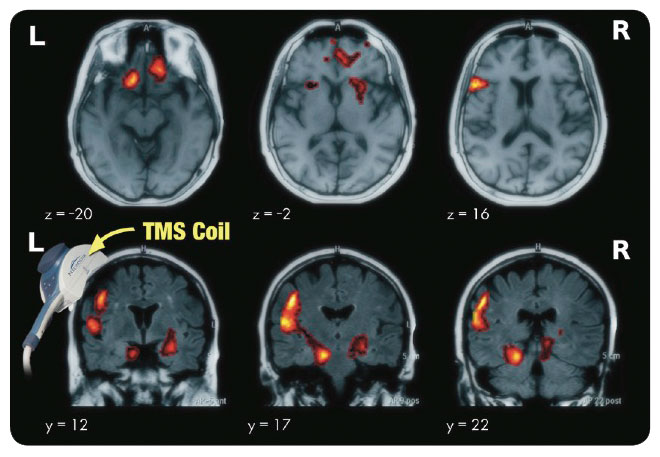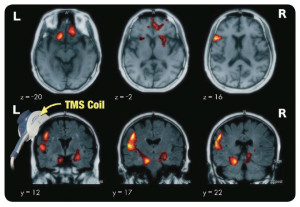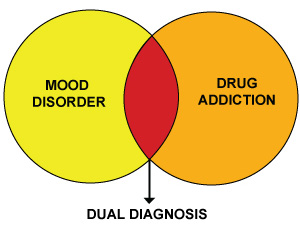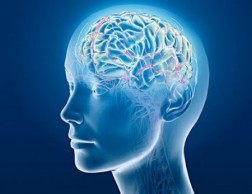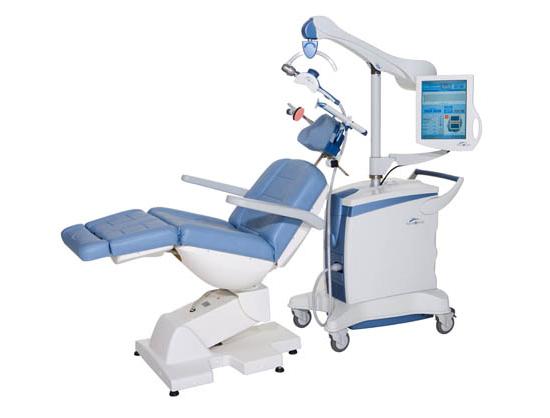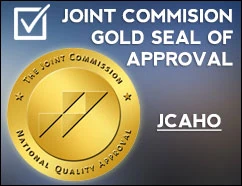It is estimated that approximately 19 million adults in the US suffer from a major depressive disorder. In a study conducted by the Centers for Disease Control and Prevention (CDC) it was found that people between 45-64 years of age are the ones who are most likely to suffer from depression. People with less than a high school education, unemployed people and persons without health insurance coverage are also more likely to be depressed. It has also been found that women are more affected by depression compared to men.
Depression is characterized by feelings of sadness, despair, low self-esteem and loneliness. Some of the common signs of depression include insomnia, loss of appetite and withdrawal from social contact. In severe cases, depression can cause hallucinations, delusions and complete withdrawal from reality. In the recent years, a lot of awareness has been generated on depression. There is a wide range of prescriptive medicines available on the market that may prove to be very helpful when it comes to helping a patient cope with depression. However, antidepressant medications fail to provide the desired relief to many patients suffering from depression.
Trans Cranial Magnetic Stimulation (TMS) therapy has emerged as a powerful alternative to traditional depression treatment. Approved by the Food and Drug Administration (FDA) in 2008, TMS Therapy is a relatively new depression treatment. Even though, more studies are required to be conducted to find out its efficacy, TMS therapy has shown promising results in the past few years. It’s a safe and non-invasive depression treatment that can greatly help people overcome depression. The purpose of TMS therapy is to stimulate nerve cells in the region of the brain involved mood control and depression. This can provide immediate and long term relief to people who are suffering with depression.
TMS therapy can be easily performed at a doctor’s office. Even though it’s a safe option, special care is needed in certain cases such as with pregnant women or those who had or are suffering from seizures. The results of TMS therapy in the recent years have been quite promising. Many patients have shown considerable improvement in their depression symptoms after engaging in TMS therapy treatment.

